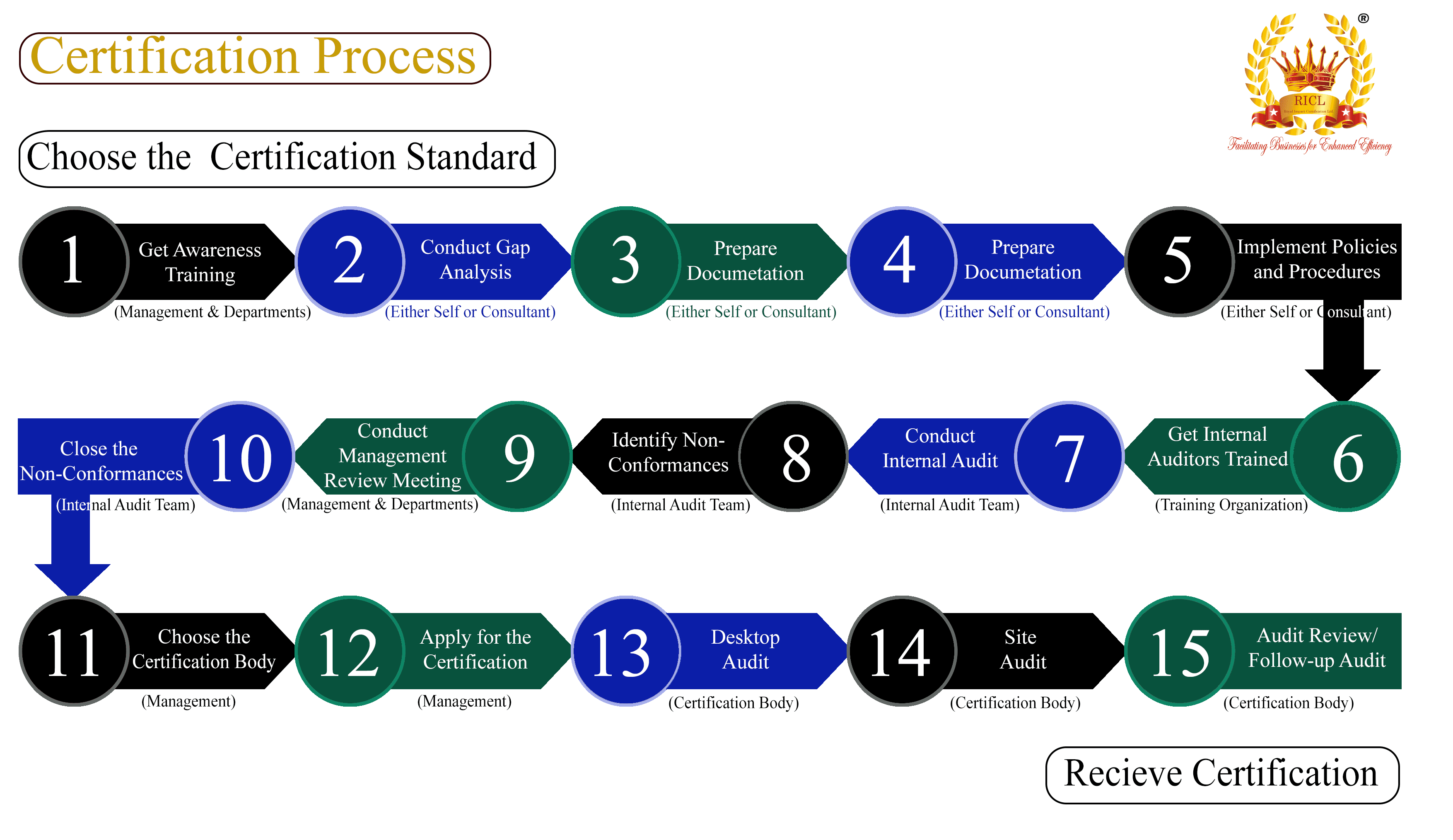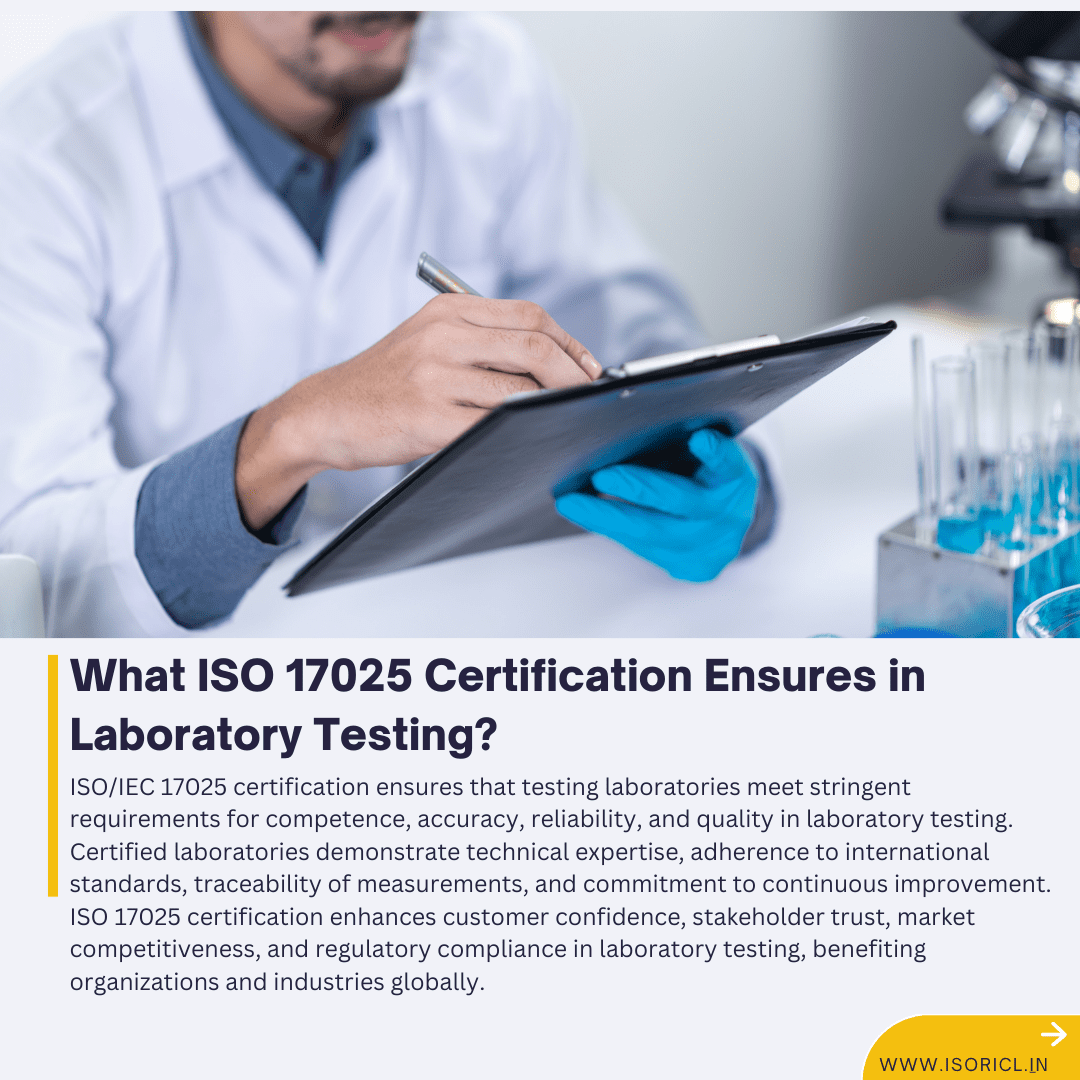
Manufacturing Industries
The manufacturing industry encompasses various sectors that involve the transformation of raw materials into finished goods or products. This industry is crucial to the global economy, driving innovation, employment, and economic growth.
The manufacturing industry encompasses various sectors that involve the transformation of raw materials into finished goods or products. This industry is crucial to the global economy, driving innovation, employment, and economic growth. Manufacturing sectors include automotive, aerospace, textiles, electronics, food and beverages, and more, each with specialized processes and requirements.
Importance of ISO Certification in the Manufacturing Industry
ISO certification is highly valued in the manufacturing industry as it establishes standardized guidelines that ensure products meet quality, safety, and efficiency standards. These certifications not only help in meeting customer demands but also in complying with legal and regulatory requirements. The most relevant ISO standards for the manufacturing industry include:
ISO 9001: Quality Management Systems
This is the most widely used standard, ensuring companies achieve consistency in product quality and customer satisfaction by optimizing their operational processes.
ISO 14001: Environmental Management Systems
With growing environmental concerns, ISO 14001 helps manufacturing companies manage their environmental impacts efficiently, promoting sustainability and reducing waste.
ISO 45001: Occupational Health and Safety
Manufacturing often involves processes that could pose health risks to employees. ISO 45001 ensures that there are systems in place to minimize the risk of accidents, injuries, and health issues.
ISO 50001: Energy Management
This standard is significant for manufacturing industries to improve their energy performance, including energy efficiency, use, and consumption, which is essential for cost-saving and sustainability.

Benefits of ISO Certification in the Tourism Industry
Enhanced Customer Satisfaction: By ensuring consistent service quality and meeting customer expectations, ISO-certified tourism businesses can enhance guest satisfaction and loyalty.
Improved Reputation: Certification can serve as a marketing tool, enhancing the organization’s reputation and giving it a competitive advantage.
Efficient Resource Management: ISO standards help optimize the use of resources, reduce waste, and lower costs, leading to improved operational efficiency.
Compliance with Regulations: Adhering to ISO standards helps tourism businesses comply with legal and regulatory requirements, reducing the risk of penalties and legal issues.
Sustainability: Implementing ISO standards can lead to more sustainable practices, which are increasingly important to consumers and essential for the long-term viability of the planet.
[formsapp id=”662f63f6c4dd546c9916c3db”]
Related Standards
The Manufacturing industry is governed by several ISO standards that help ensure quality, safety, security, environmental responsibility, and overall efficiency. Here are some key ISO standards related to the industry:
LATEST BLOGS
ISO 10002 Enhancing Customer Satisfaction and Complaint Handing Introduction ISO 10002 is an international standard that provides guidelines for the process of …
Who benefits from ISO 50001 Certification for energy performance? ISO 50001 Certification for energy performance benefits a wide range of stakeholders, including …
What ISO 17025 Certification ensures in Laboratory testing? ISO 17025 Certification ensures a high standard of competence and reliability in laboratory testing …







